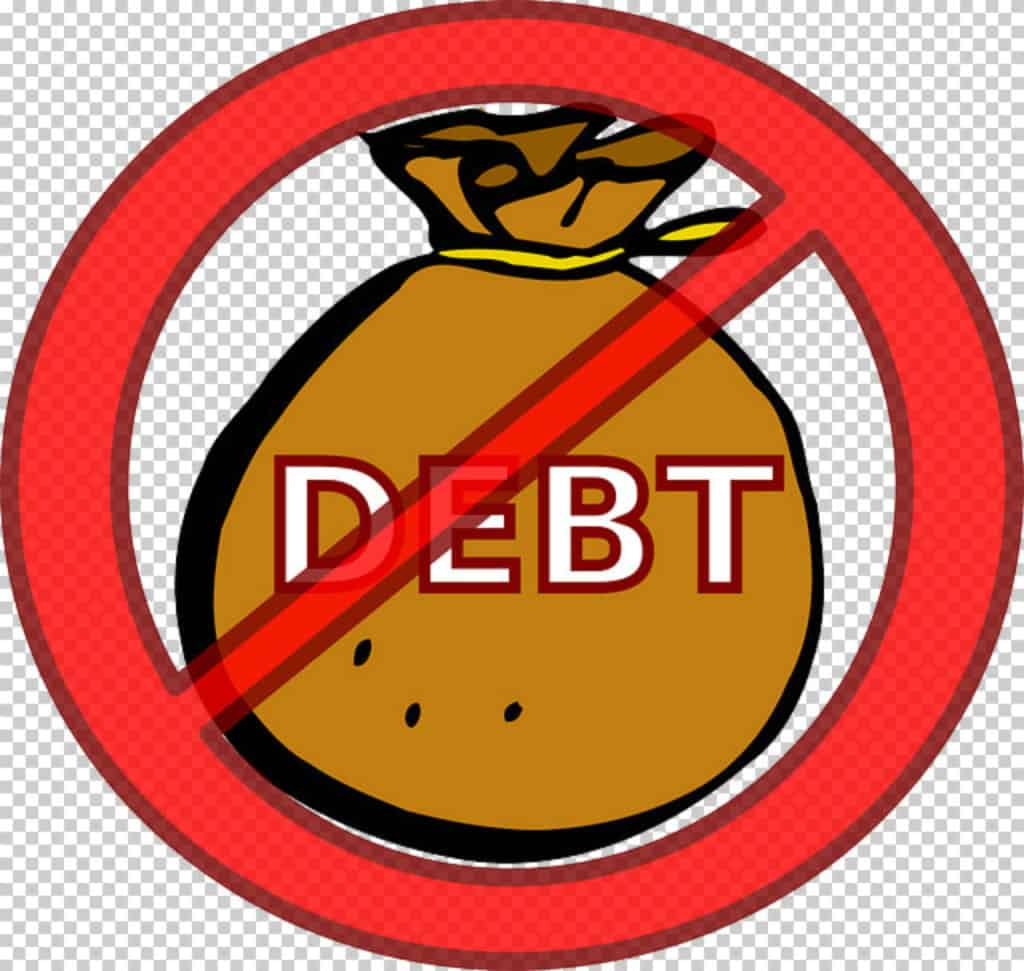Canadian family debt
Last week we published our blog CANADIAN HOUSEHOLD DEBT: WE SEEM TO LOVE IT! The week before that, our blog was THE NEW ECONOMIC ATTACK IS ON CANADA MIDDLE CLASS.
Those blogs garnered so much interest, we thought we would make a short video on the whole issue of Canadian family debt, containing some additional facts. Please click on the video below to watch it.
https://www.youtube.com/watch?v=y6sqAULV53c
Some interesting yet troubling facts
As seen in this video, some of the more interesting facts are, notwithstanding that the ratio of Canadian family debt to disposable income has hit a record high of 165%:
- the average after tax family income in 1990 was $45,000 and in 2015 it is $73,000 which means that incomes have not gone up more than the rate of inflation
- in 1990, the asset to debt ratio of the average Canadian family was 17.8, but in 2015, the asset to debt ratio is only 18.2
- Therefore, for every $1 in Canadian family debt, in 1990, the average family had $17.8 of assets, which has only negligibly increased to $18.2 of assets for every $1 of debt in 2015
What is a person to do?
Are you walking a financial tightrope? If interest rates rise will you be able to afford your Canadian family debt? Better yet, would you know how to pay off debt?
Don’t wait for disaster to strike! The time for professional help is NOW. Contact Ira Smith Trustee & Receiver Inc. We’re experts in debt and debt management. We approach every file with the attitude that corporate or personal financial problems can be solved given immediate action and the right plan. Starting Over, Starting Now we can give you financial peace of mind.










